
Lessons From The ABA’s Second Report On The Next Phase Of Legal AI
The majority of legal professionals now use AI but do not fully appreciate the practical and ethical challenges that arise when using AI.

The majority of legal professionals now use AI but do not fully appreciate the practical and ethical challenges that arise when using AI.

Court restrictions can stifle curiosity about technology and negatively impact adoption rates.

Now it transforms your document creation with natural language prompts.
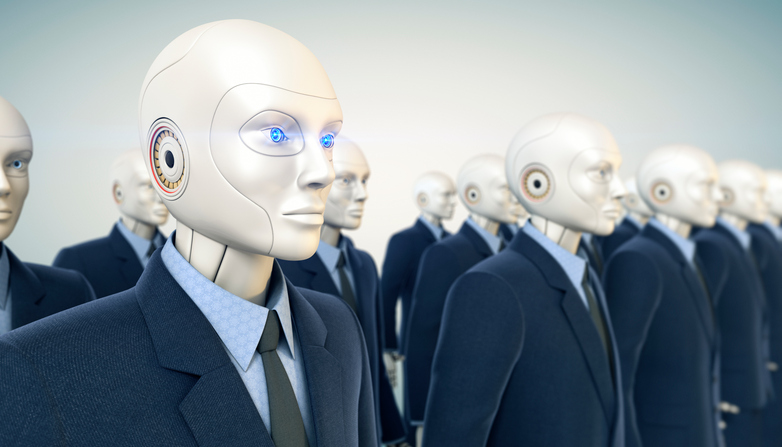
Now is the time for lawyers to face the music and adapt.
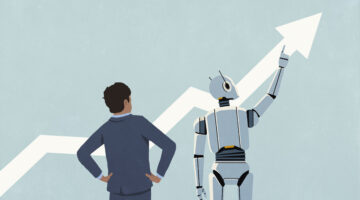
Ignoring AI is simply not an option.
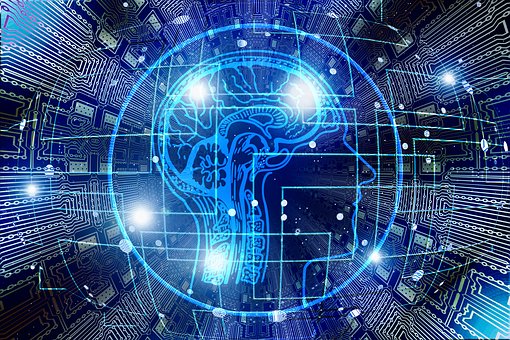
One of the most notable data points from the survey relates to AI adoption.

Some lawyers simply don't read the documents prepared for them -- whether by AI or another person -- before filing them with the court.

Its new features transform how you can track and analyze the more than 200,000 bills, regulations, and other measures set to be introduced this year.
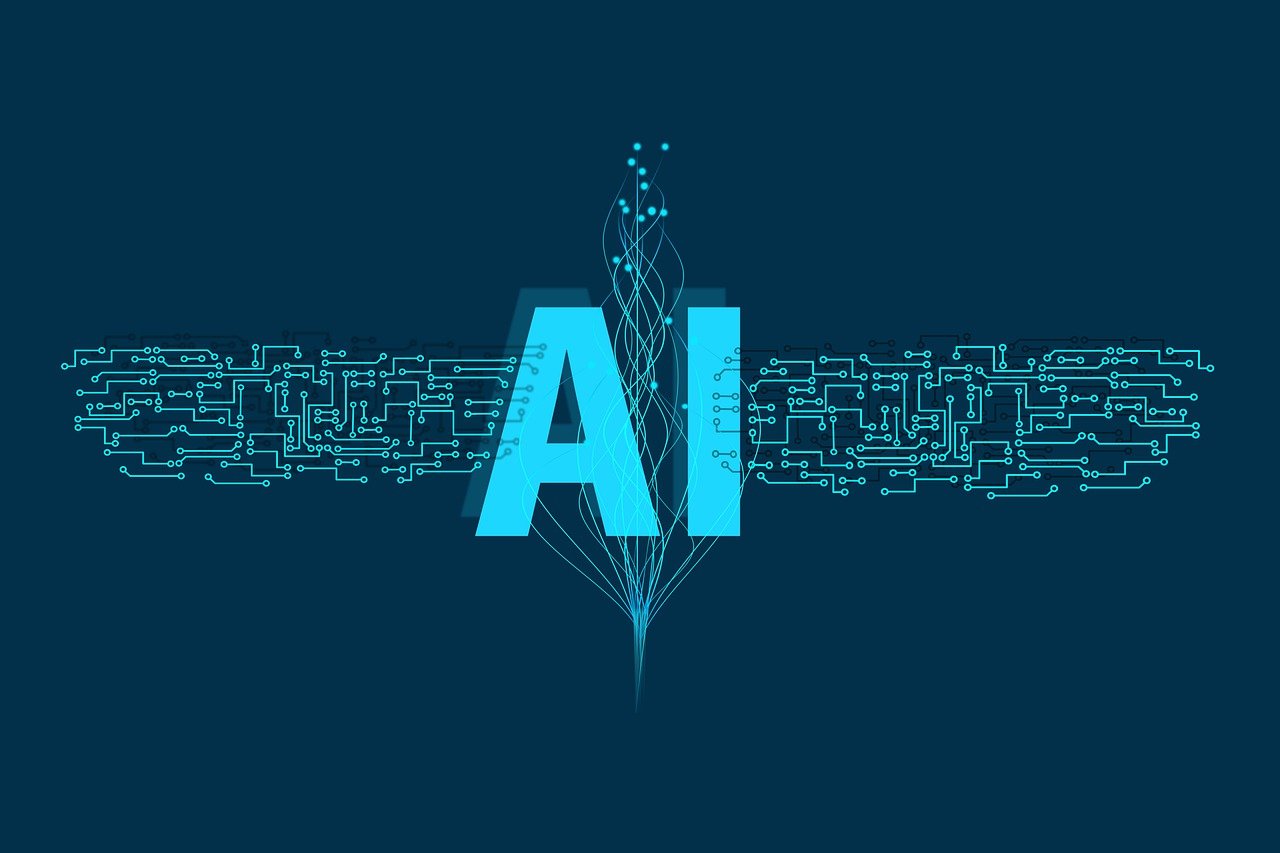
Companies are embedding AI to transform their systems from passive tools into active participants in legal work.

Creative and unconventional ideas are exactly what we need right now.

If your firm is seeking ways to enhance growth and profitability, these reports offer a valuable roadmap for improving financial performance and strategic decision-making.

Here's to the end of an era and the beginning of new, exciting opportunities.

Operate with AI driven insights, legal intake, unified content and modular scalability to transform efficiency and clarity.

If OpenAI is headed into sexbot territory, it needs to market its products appropriately. If it is designing a tool for the masses that will empower them to obtain the information they need when they need it, then it had best rechart its course.

There's disorder in the courts, with no clarity in sight.
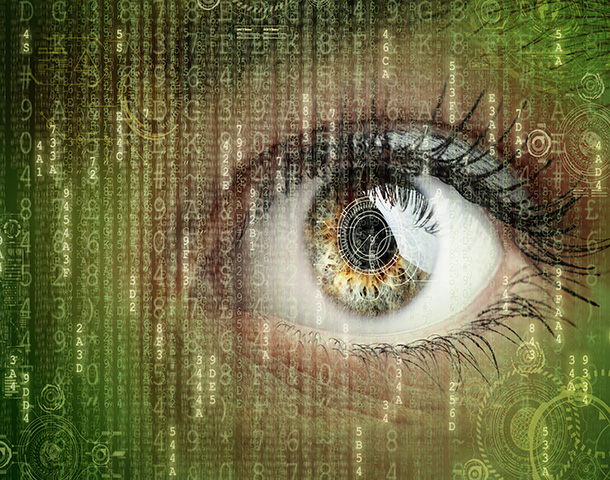
This device is the harbinger of the next stage of computing, especially its user interface.
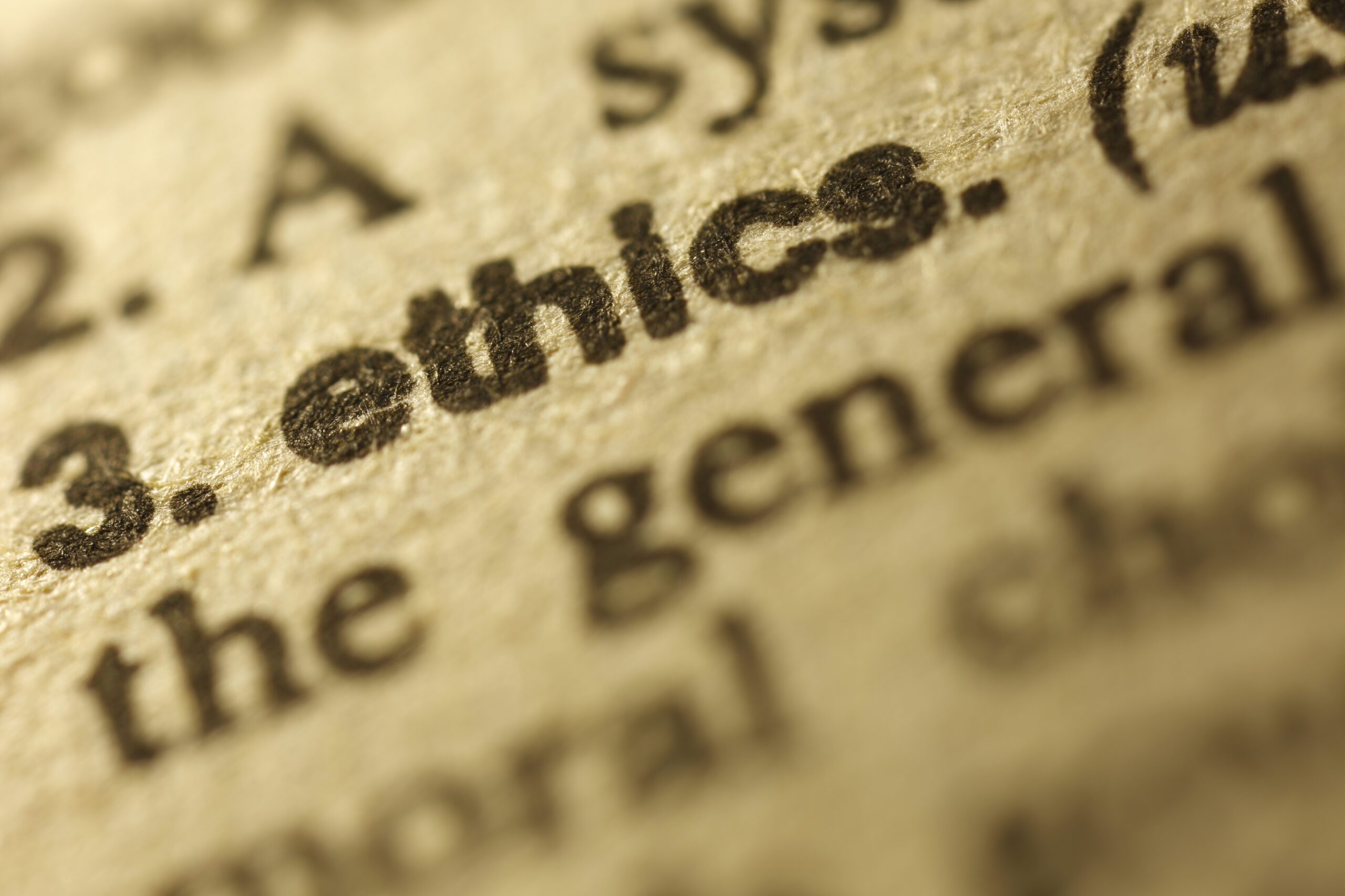
Taking steps to maintain your ethical duty of technology competence is more important than ever.
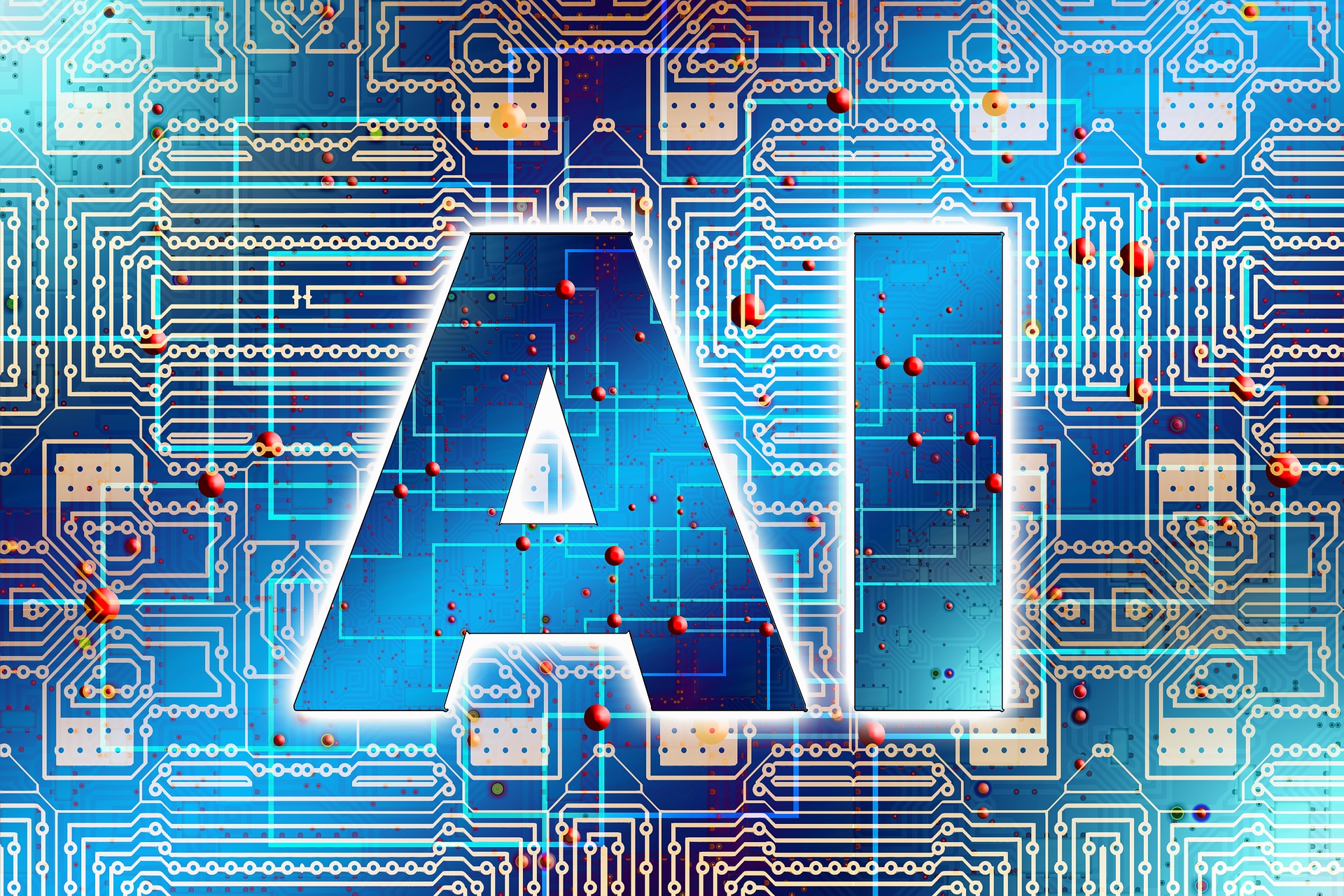
The promised efficiency gains offered by these tools come with their own set of challenges, including doubts over result accuracy and concerns about client confidentiality.